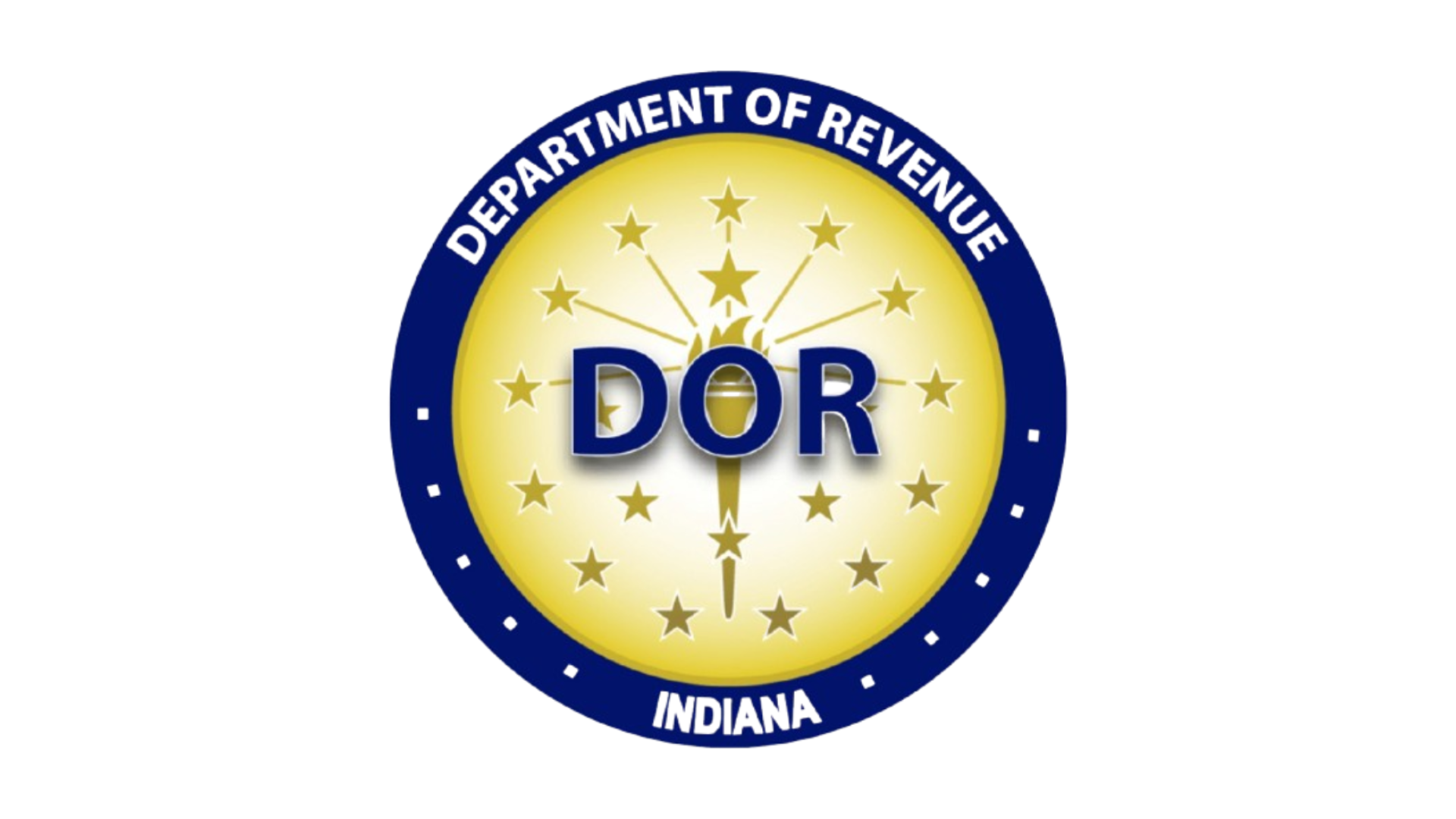Attorney General Todd Rokita recently announced a $700 million agreement with Google in a lawsuit over Google’s anticompetitive conduct with the Google Play Store.
A bipartisan group of 53 attorneys general sued Google in 2021 alleging that Google unlawfully monopolized the markets for Android app distribution and in-app payment processing; specifically claiming Google signed anticompetitive contracts to prevent other app stores from being preloaded on Android devices, induced key app developers who might have launched rival app stores, and created technological barriers to deter consumers from directly downloading apps to their devices.
The states announced a settlement in principle on September 5th, 2023, and now released the finalized terms of that deal. Google will pay $630 million in restitution, minus costs and fees, to consumers who made purchases on the Google Play Store between August 2016 and September 2023 and were harmed by Google’s anticompetitive practices. Google will pay the states an additional $70 million in penalties.
People eligible for restitution do not have to submit a claim. They will receive automatic payments through PayPal or Venmo, or they can elect to receive a check or ACH transfer. More details about that process will be available soon.
The agreement also requires Google to reform its business practices in the following ways:
- Give all developers the ability to allow users to pay through in-app billing systems other than Google Play Billing for at least five years.
- Allow developers to offer cheaper prices for their apps and in-app products for consumers who use alternative, non-Google billing systems for at least five years.
- Permit developers to steer consumers toward alternative, non-Google billing systems by advertising cheaper prices within their apps themselves for at least five years.
- Not enter contracts that require the Play Store to be the exclusive, pre-loaded app store on a device or home screen for at least five years.
- Allow the installation of third-party apps on Android phones from outside the Google Play Store for at least seven years.
- Revise and reduce the warnings on an Android device if a user attempts to download a third-party app from outside the Google Play Store for at least 5 years.
- Maintain Android system support for third-party app stores, including allowing automatic updates, for four years.
- Not requiring developers to launch their app catalogs on the Play Store simultaneously as they launch on other app stores for at least four years.
- Submit compliance reports to an independent monitor who will ensure that Google is not continuing its anticompetitive conduct for at least 5 years.
For much of this case, the attorneys general litigated alongside Epic Games and Match, two major app developers. Match announced a separate settlement earlier this year, while Epic Games took its case to trial. Recently a jury unanimously found that Google’s anticompetitive conduct violated federal antitrust laws.
Attorneys general from all 50 states participated in this lawsuit, along with attorneys general from the District of Columbia and the territories of Puerto Rico and the Virgin Islands.




